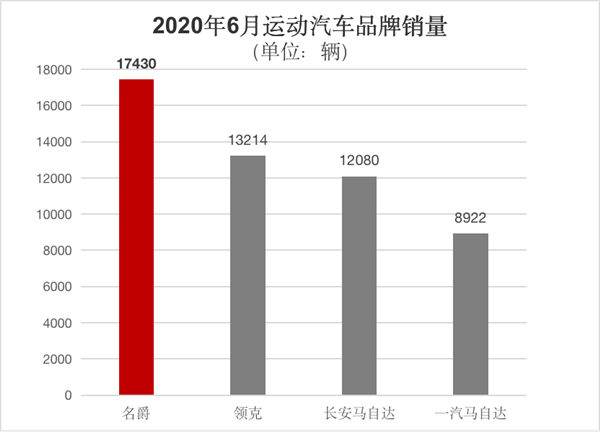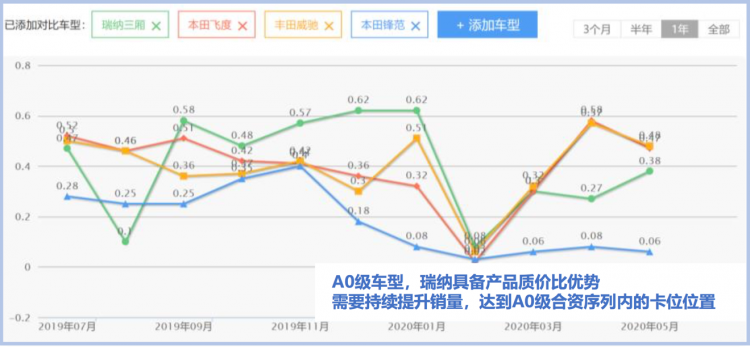Judging from the gradual development of the market, campsites are very weak in attracting passenger flow through accommodation alone. Outdoor sports, entertainment projects, and events have become the business sector of campsite expansion. Diversified products are launched according to the characteristics of the regional environment to create a comprehensive destination. For the relatively large proportion of scenic spot-dependent camps, quiet mountainous areas and woodlands are more suitable for building healthy and leisure service modules, which also just caters to the needs of policies and markets.
target customers
At present, RV self-drivers are mostly concentrated in the 45-60 age group, pursuing a leisurely, elegant and slow-paced life, with a high degree of freedom in work and long-term travel plans. For this group of people, the basic natural scenic environment is the most appropriate. Forest cabins, pastoral scenery, meditation spaces, and mountain teahouses are all in line with their philosophy of health preservation.

In October 2016, the “Healthy China 2030” Planning Outline issued by the Central Committee of the Communist Party of China and the State Council called for actively cultivating fashionable leisure sports such as ice and snow, water sports, automobiles and motorcycles, aviation, extreme sports, and equestrianism, and vigorously develop healthy sports. Serving new formats and models. These contents are aimed at young self-driving customers in the camp, creating attractive sports-based programs.
Business module
Apart from the “one still and one moving” module setting for the target customer group, the current camps operate more health care content is hot springs. Camps with hot springs as the main signboard, such as Qinling Taibai Mountain Hot Spring Camp in Meixian County, Hailuogou No. 2 Campsites, Nanjing Tangshan Hot Spring RV camps, etc., are attracted by their natural hot springs to create more differentiated health care service modules, especially in the winter market with obvious advantages. Adding winter hot spring modules to camps with environmental characteristics is undoubtedly a bonus item. However, hot springs have certain geographically specific needs, and the development cost is relatively high. There are also problems with low and peak seasons, and the general applicability is weak.

For our common natural environment-type health care camps, most of them are integrated on the original scenic spots and rural tourism resources, with low development costs and a leading passenger flow. Sichuan Guangwu Mountain Forest Health Camp is built in Guangwu Mountain Scenic Area, a national 4A-level tourist attraction, a national geological park, and the first mountain of red leaves in China. The project uses a natural and cool forest environment to create a health-care feature to attract urban self-driving customers.
There are also many camps that expand sports and leisure projects. Building outdoor expansion projects through the surrounding environment can not only exercise the body and mind, develop new forms of health services, but also serve as a unique attraction for camps. Integrating these fields with tourism will also directly promote the tourism and health industry. development of. For example, Kunming Nursing Home Self-Driving and RV Sports Camp, one of the seven most distinctive campsites in Yunnan, was awarded the title of “Car Self-Driving Sports Camp” issued by the State Sports General Administration, which is a typical example of integrated development.
Comprehensive ecology
The health care services independently created by the camp are relatively narrow and lack a real professional core, so it is difficult to become a foothold and cannot maximize the advantages of resources. At the current stage, it is a convenient and effective way to cooperate with traditional health care bases to jointly develop comprehensive service bodies and form ecological health care operation characteristics with a richer product system.

At the beginning of 2018, in order to guide and promote the integrated development of tourism and health services, the China National Tourism Administration issued the “National Health and Wellness Tourism Demonstration Base” standard, aiming to create a group of comprehensive health care facilities with complete industrial elements, a complete industrial chain, and complete public services. Vacation destination. The “Opinions of the Central Committee of the Communist Party of China and the State Council on Implementing the Rural Revitalization Strategy” issued by Xinhua News Agency also mentioned the implementation of leisure agriculture and rural tourism boutique projects, and the construction of a number of leisure and sightseeing parks with complete facilities and diverse functions, forest homes, and health care bases. . Policy support has paved the way for the health care industry, and has also nourished a number of health care destinations extending from camps and resorts. For example, Panzhihua Oufang Camp was designated as one of the first batch of “Forest Health Care International Cooperation Demonstration Bases” in Sichuan , to create a health care industry destination.
The biggest advantage of the health care base is not the policy, but its real product form. For example, in Hebei Yiling Health City, tourists can experience the fun of finding herbs, make herbal meals, practice traditional health-preserving exercises, and provide health care items such as acupuncture and massage, medicinal baths, and medicinal meals. The management center will formulate recuperation plans according to tourists’ bodies and needs. While relying on resource advantages, develop ecological environment health care products, medical care health care products, sports fitness health care products, dietary health care products, etc., to create a health tourism product system with core competitiveness. The combination of the camp and the health care base, as one of the accommodation service modules, can maximize the characteristics of both sides and build a complete health care industry service ecology, which is also a reasonable allocation required for the reform of the tourism supply side.




